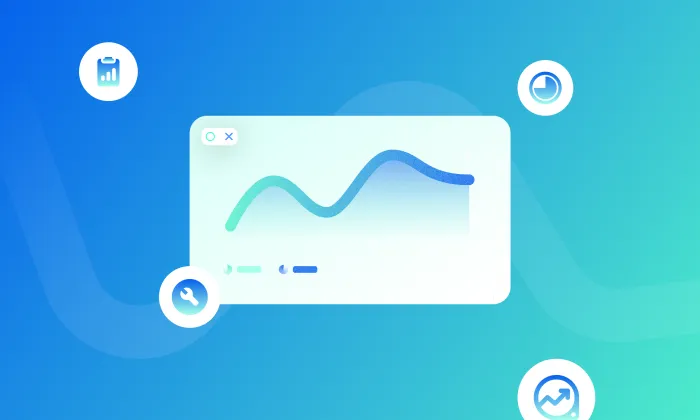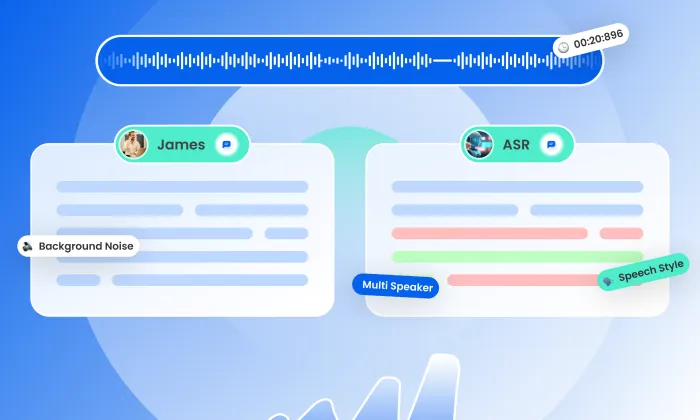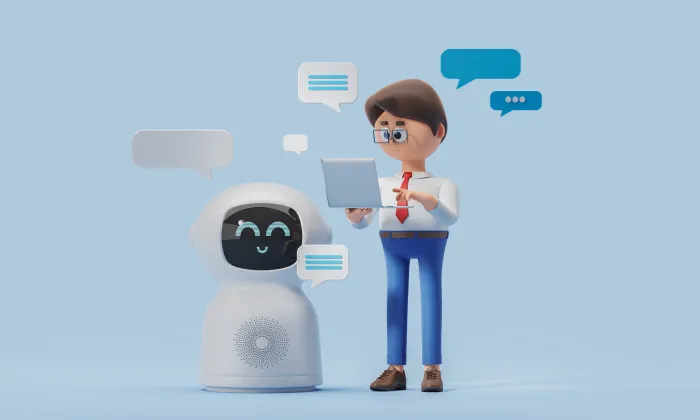Are custom annotation and labeling projects supported for doctor–patient conversation dataset?
Data Annotation
Healthcare
AI Models
Custom annotation and labeling projects for doctor-patient conversation datasets are indeed supported, providing a flexible approach to enrich data for varied healthcare AI applications. By tailoring datasets to specific needs, FutureBeeAI ensures that AI models can better understand and process medical dialogues effectively.
Understanding Custom Annotation in Healthcare AI
Custom annotation involves adding targeted labels or tags to datasets, enriching the raw data with additional context. In the realm of doctor-patient conversations, this can include annotations like sentiment analysis, symptom identification, and intent recognition. Such detailed annotations help create nuanced datasets that align with unique research goals or application requirements.
Custom annotations are crucial for enhancing AI accuracy and relevance in healthcare AI:
- Elevated Model Performance: By providing detailed context, models can better recognize patterns and nuances, which is vital for applications such as conversational AI where understanding patient intent and emotional cues is essential.
- Diverse Use Case Support: Different projects have different focal points, such as empathy detection or clinical summarization. Custom annotations allow datasets to be tailored for specific use cases, enhancing model applicability.
- Improved Data Quality: Targeted annotations elevate dataset quality, resulting in cleaner and more robust data, which significantly impacts AI system performance.
Steps for Implementing Custom Annotations
Implementing custom annotations involves a structured process:
1.Define Objectives: Identify specific project needs, such as enhancing empathy detection or classifying symptoms and diagnoses.
2.Select Annotation Types: Choose from various types, including:
- Intent and Entity Tagging: Identifying medical terms and patient inquiries.
- Sentiment Analysis: Annotating emotional tone.
- Classification: Categorizing utterances based on function (e.g., question, instruction).
3.Utilize Annotation Tools: Platforms like the Yugo platform streamline the annotation process, balancing automated and manual annotations for efficiency and accuracy.
4.Quality Control: A robust QA process with medical expert oversight ensures annotations are consistent and accurate.
Real-World Example: Empathy Detection in Telehealth
Consider a project focusing on empathy detection in telehealth. By using custom annotations to tag emotional cues within doctor-patient conversations, AI models can be trained to detect and interpret patient emotions more accurately, leading to improved patient-provider interactions and outcomes.
Conclusion
In summary, custom annotation projects are a vital component in developing effective AI models in healthcare. By leveraging FutureBeeAI's expertise in speech data collection and annotation, teams can enhance datasets to meet specific needs while maintaining high data quality. This strategic approach ultimately leads to more accurate and reliable healthcare AI applications, advancing patient outcomes and clinical efficiencies. For healthcare projects requiring tailored annotation, FutureBeeAI offers scalable solutions to deliver customized datasets efficiently.
What Else Do People Ask?
Related AI Articles
Browse Matching Datasets
Acquiring high-quality AI datasets has never been easier!!!
Get in touch with our AI data expert now!








